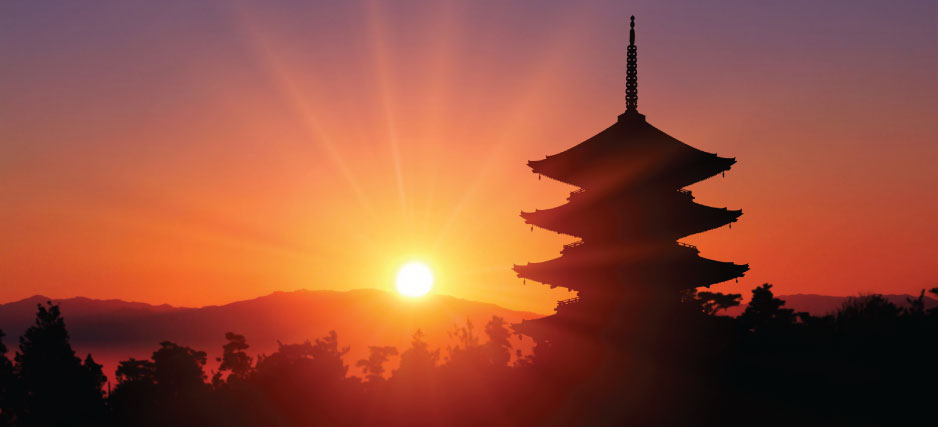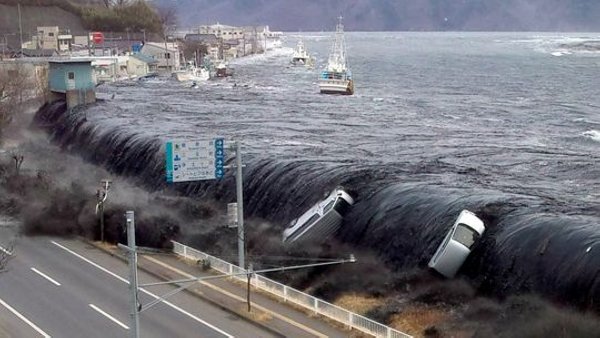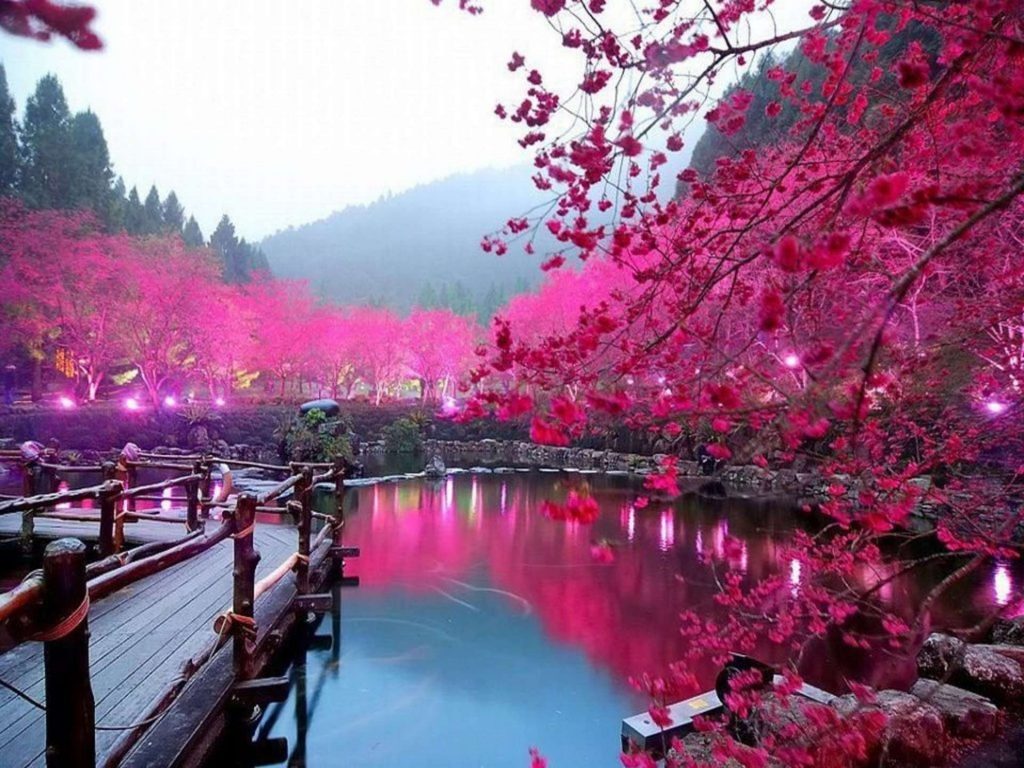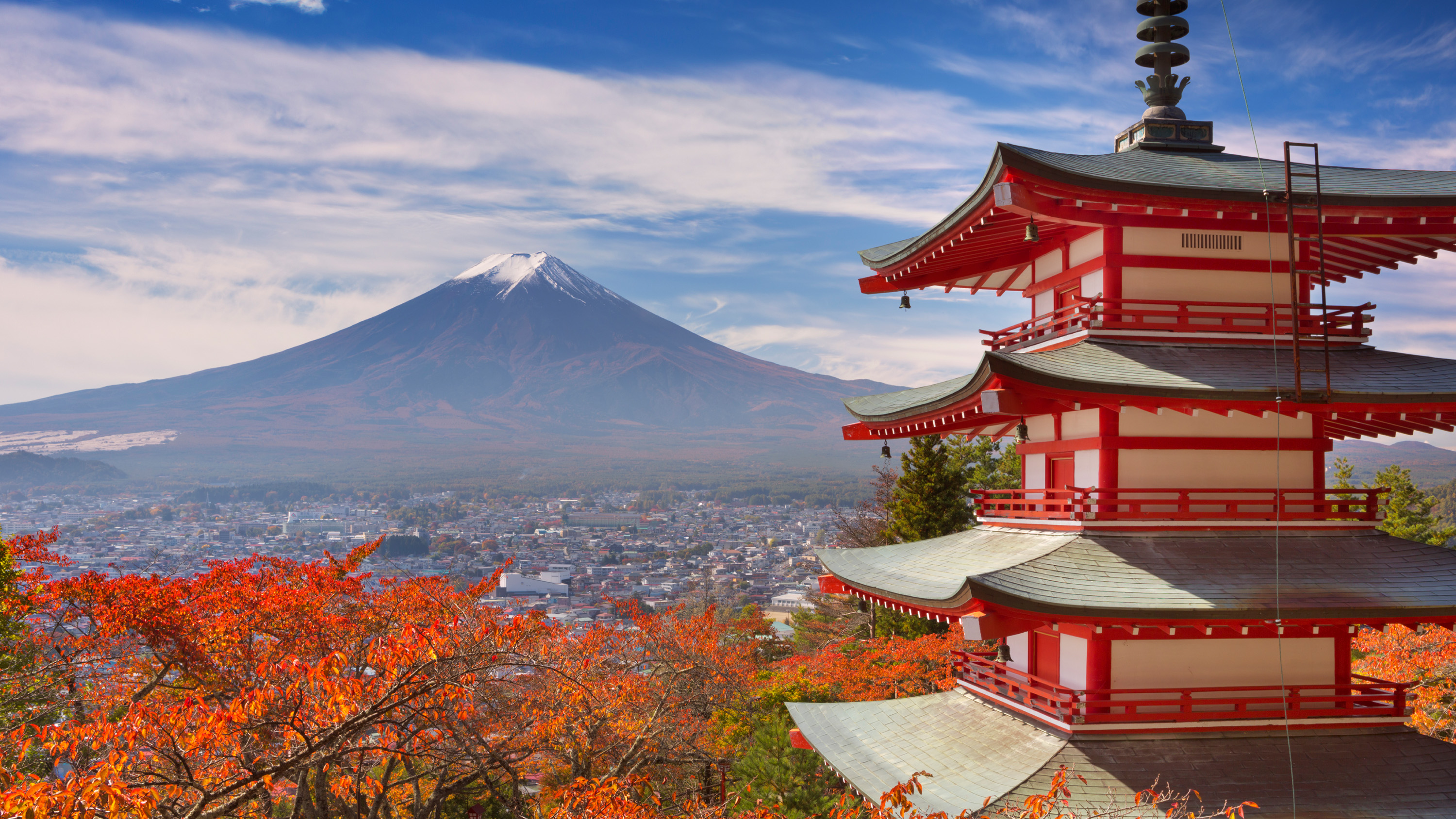Japan can be translated to Nippon and Nihon literally mean “the sun’s origin”, that is, where the sun originates, and are often translated as the Land of the Rising Sun. It is an Island Country and stratovolcanic archipelago comprising a total of 6852 islands.

Japan was inhabited as early as the Upper Paleolithic period. The first written mention of Japan is in Chinese History texts from the 1st century AD. Influence from other regions, mainly China followed by periods of isolation, particularly from Western Europe, has characterized Japan’s history.
From the 12th century until 1868, Japan was ruled by successive feudal military shoguns who ruled in the name of the Emperor. Japan entered into a long period of isolation in the early 17th century, which was ended in 1853 when a United States fleet pressured Japan to open to the West. After nearly two decades of internal conflict and insurrection, the Imperial Court regained its political power in 1868 through the help of several clans from Choshu and Satsuma, and the Empire of Japan was established. In the late 19th and early 20th centuries, victories in the First Sino-Japanese War, the Russo-Japanese War and World War 1 allowed Japan to expand its empire during a period of increasing militarism.
The Second Sino-Japanese War of 1937 expanded into part of World War Two in 1941, which came to an end in 1945 following the atomic bombing of Hiroshima and Nagasaki. Since adopting its revised constitution in 1947, Japan has maintained a unitary constitutional monarchy with an Emperor and an elected legislature called the National Diet.
Japan is a member of the UN,the G7, the G8, and the G20 and is considered a great power .The country has the world’s third-largest economy by nominal GDP.
In 1940 the United States placed an oil embargo on Japan. On December 7–8, 1941, Japanese forces carried out surprise attacks on Pearl Harbor, the British forces in, Malaya , Singapore and Hong Kong, bringing the United States and the United Kingdom into World War Two. After Allied victories across the Pacific during the next four years, which culminated in the Soviet invasion of Manchuria and the atomic bombing of Hiroshima and Nagasaki in 1945, Japan agreed to an unconditional surrender on August 15.
On March 11, 2011, Japan suffered the strongest earthquake in its recorded history; this triggered the Fukushima Daiichi Nuclear Disaster, one of the worst disasters in the history of Nuclear Power.

Japan has 108 active volcanoes. During the twentieth century several new volcanoes emerged, including Showa -Shinzan on Hokkaido and Myojin-sho off the Bayonnaise Rocks in the Pacific. Destructive earthquakes, often resulting in tsunami occur several times each century. The 1923 earthquake in Tokyo killed over 140,000 people. More recent major quakes are the 1995 Great Hanshin earthquake and the Tohoku earthquake, a 9.0-magnitude quake which hit Japan on March 11, 2011, and triggered a large tsunami. Japan is substantially prone to earthquakes, tsunami and volcanoes due to its location along the Pacific Ring of Fire.
Some Not So Known Facts About Japan
- Raw horse meat is a popular food in Japan.
- Many couples in Japan celebrate Christmas like Valentine’s Day. It is definitely more of a “lovers” holiday in Japan.
- Poorly written English can be found everywhere, including T-shirts and other fashion items.
- More than 70% of Japan consists of mountains, including more than 200 volcanoes.
- Mt. Fuji, the tallest mountain in Japan, is an active volcano (although scientists have not reached a consensus on what defines “active”).
- Religion does not play a big role in the lives of most Japanese and many do not understand the difference between Shintoism and Buddhism. However, there are also many Japanese who do understand the difference.
- A nice musk melon, similar to a cantaloupe, may sell for over $300US. For example, a nice specimen of Yubari melon. These are often physically perfect, not like their American counterparts with dark smudges and scars.
- There are four different writing systems in Japan: Romaji, Katakana, Hiragana, and Kanji.
- Coffee is very popular and Japan imports approximately 85% of Jamaica’s annual coffee production.
- Japan’s literacy rate is almost 100%.
- Sumo is Japan’s national sport, although baseball is also very popular.
- Sumo wrestlers eat a stew called Chankonabe to fatten up. Many restaurants in the Ryogoku district of Tokyo serve this Nabe (Japanese word for stew).
- When you use the restroom in someone’s home you may need to put on designated bathroom slippers so as not to contaminate the rest of the home.
- Noodles, especially soba (buckwheat), are slurped somewhat loudly when eaten. It has been said slurping indicates the food is delicious. The slurping also serves to cool down the hot noodles for eating.
- Japan is the world’s largest consumer of Amazon rain forest timber.
- Vending machines in Japan sell beer, hot and cold canned coffee, cigarettes, and other items.
- When moving into an apartment it is often required to give the landlord “gift” money, usually equal to two months’ rent.
- On average there are around 1,500 earthquakes every year in Japan.
- In Japan it is not uncommon to eat rice at every meal, including breakfast.
- Average life expectancy in Japan is one of the highest in the world. Japanese people live an average of 4 years longer than Americans.
- Japan is the largest automobile producer in the world.
- The Japanese language has thousands of foreign loan words, known as gairaigo. These words are often truncated, e.g. personal computer = paso kon. The number of foreign loan words is steadily increasing.
- Tsukiji market in Tokyo is the world’s largest fish market.
- Although whaling is banned by the IWC, Japan still hunts whales under the premise of research. The harvested whale meat ends up in restaurants and supermarkets.
- Men might shave their heads to apologize.
- Women might cut their hair after breaking up with a boyfriend
- The first novel, The Tale of Genji, was written in 1007 by a Japanese noble woman, Murasaki Shikibu.
- The term karaoke means “empty orchestra” in Japanese.
- In a Sumo training “stable” the junior Rikishi Sumo wrestlers must wash and bathe their senior sumo wrestlers and make sure their hard to reach places are clean. ( Ewwww)
- Contrary to popular belief, whale meat is not a delicacy in Japan. Many Japanese dislike the taste and older Japanese may be reminded of the post-World War II period when whale meat was one of the few economical sources of protein.
- Rampant inbreeding of dogs has resulted in one of the highest rate of genetic defects in the world for canines.
- Raised floors help indicate when to take off shoes or slippers. At the entrance to a home in Japan, the floor will usually be raised about 6 inches indicating you should take off your shoes and put on slippers. If the house has a Tatami mat room its floor may be raised 1-2 inches indicating you should to take off your slippers.
- Ramen noodles are a popular food in Japan and it is widely believed extensive training is required to make a delicious soup broth. This is the subject of the movies Tampopo (1985) and The Ramen Girl (2008).
- On average, it takes about 7-10 years of intensive training to become a Fugu ( poisonous blowfish) chef. This training may not be needed in the future as some fish farms in Japan are producing non-poisonous Fugu.
- Ovens are not nearly as commonplace as rice cookers in Japanese households.

- Geisha means “person of the arts” and the first geisha were actually men.
- It was customary in ancient Japan for women to blacken their teeth with dye as white teeth were considered ugly. This practice persisted until the late 1800’s. The American style smile (big, wide, and white) would have been seen as “exposing too much bone”.
- In addition to a “boneless smile”, small eyes, a round puffy face, and plump body were considered attractive features, especially during the Heian period.
- Some Japanese companies conduct a morning exercise session for the workers to prepare them for the day’s work.
- In Japan non-smoking areas are difficult to find in restaurants, including family restaurants. Many of Japan’s politicians have interest in the tobacco industry and anti-smoking laws are almost non-existent. If you are planning a trip to Japan you may want to think twice if you are sensitive to tobacco smoke.
- Many companies hire people to hand out small packages of tissues which include a small advertisement flyer. Some non-Japanese are surprised when they are handed a free package of tissues.

